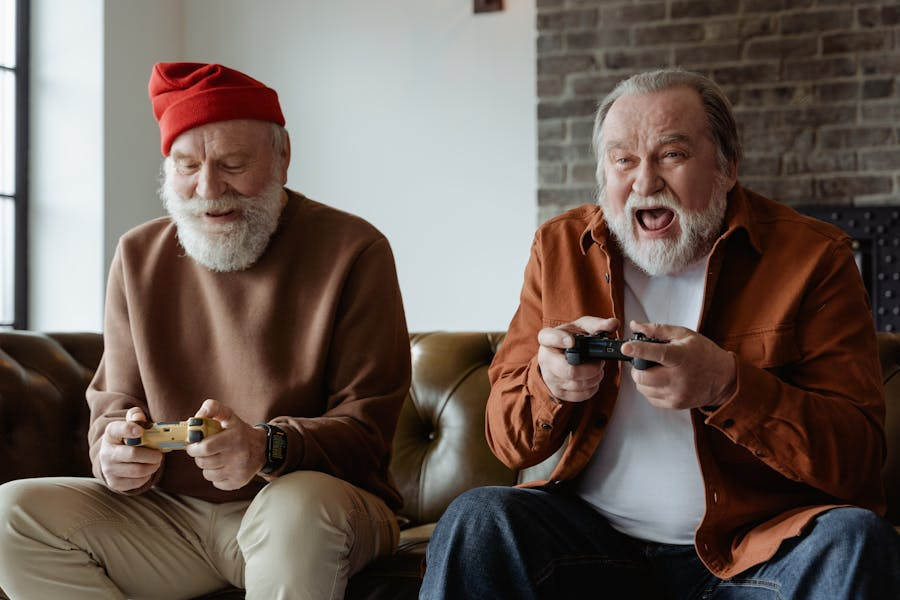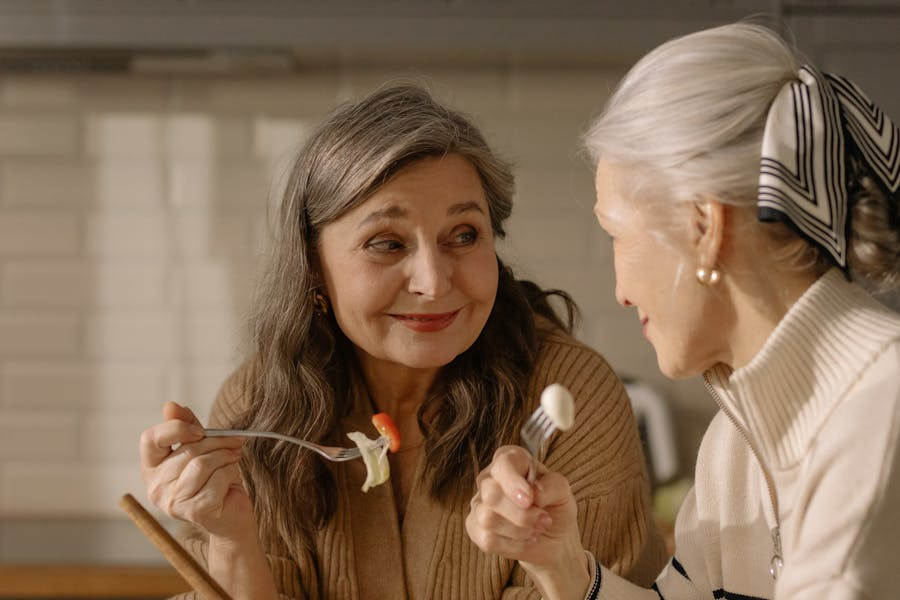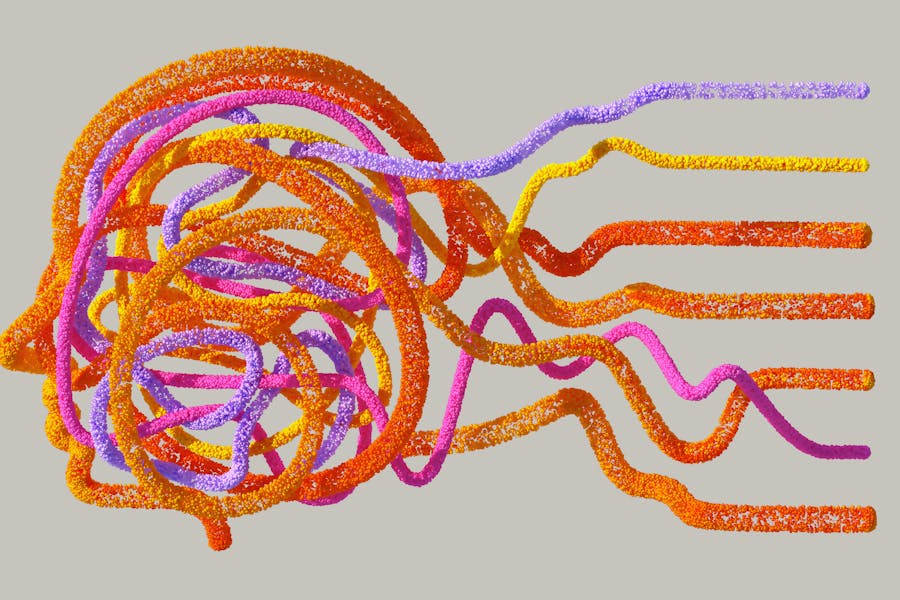25 Lesser-Known Types of Dementia You Might Not Know About
Let’s talk about 25 lesser-known types of dementia you might not know about. While Alzheimer’s disease accounts for most dementia diagnoses in America, doctors are identifying more patients with uncommon variants – forms of the disease that often go unrecognized in family clinics across the country. Dementia Beyond Alzheimer’s Disease The grocery store was a…






